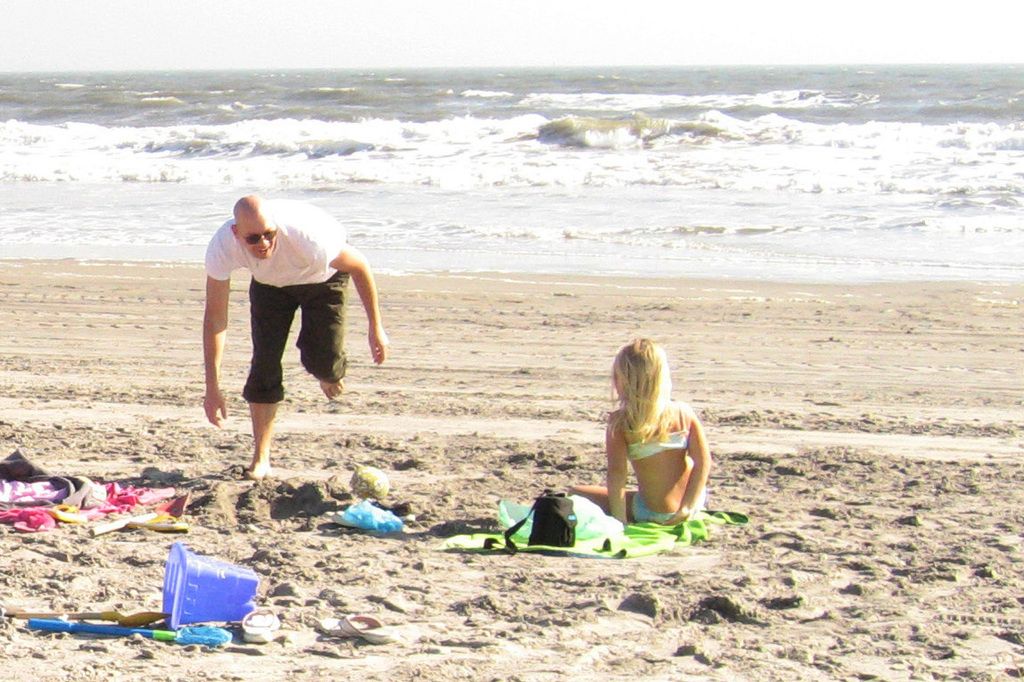Collaborative efforts between various sectors can propel circular plastic practices within the Philippines.
With a whopping 60 billion sachets used annually, the Philippines faces a daunting plastic waste crisis. Around 80% of their total waste comes from these single-use packets, providing convenience for many at a steep environmental cost.
** These sachets, common for selling small quantities of goods, are a significant contributor to the country's plastic waste predicament. A whitepaper, co-authored by Nestlé Philippines and the Department of Environment and Natural Resources (DENR), pinpointed various factors perpetuating this issue. Challenges in waste collection and segregation, a shortage of appropriate recycling facilities for flexible plastics, and insufficient waste management companies struggling to meet the requirements and sheer volume of plastic waste were highlighted.**
** To combat these barriers, establishing a potent value chain is essential. This endeavor requires collaboration from multiple stakeholders, including government entities, private corporations, local communities, and consumers. Together, they can construct a cohesive ecosystem for recycling initiatives and nurture a circular economy for flexible plastics.**
** Jose Uy III, Nestlé Philippines' SVP and head of Corporate Affairs, elucidated, "With the right infrastructure and an efficient recycling chain, we can establish a circular economy. Here, we assign worth to flexible plastics, thus minimizing – if not eliminating – their waste, redirecting it away from landfills and nature [end of life]. This transformation results in valuable materials such as recycled packaging, effectively addressing pollution caused by environmental waste."**
** Addressing its commitment to a waste-free future, Nestlé Philippines is exploring innovations in packaging, focusing on virgin plastic reduction and moving towards recyclable packaging. They have abolished stretch film in their operations and were the first in the country to replace plastic straws with paper ones in ready-to-drink packs.**
** Joint venture between the private sector and public offices can streamline recycling processes, encourage effective regulation, and foster sustainable practices. For instance, the government can enact laws that make the nation more attractive to recycling companies by offering incentives that encourage circularity and proper regulations.**
** Local government initiatives and community engagement can also spur significant change at the grassroots level. Raising awareness, fostering social behavior change, and educating Filipino consumers on proper waste segregation and the environmental impact of waste can be achieved through locally tailored efforts.**
** Consumers play a crucial role in driving circularity. They can reduce their dependence on single-use plastics and adopt sustainable alternatives by choosing packaging designed for recycling. Proper waste segregation and responsible consumption are key practices to embrace at home.**
** DENR Undersecretary Jonas R. Leones emphasized collective action to address the plastic waste crisis: "Since no sector can single-handedly address this issue, we invite local governments, civil society, businesses, academia, and individuals to join this collaborative effort."**
** The insights and recommendations presented in this paper were gathered during the Philippine National Recycling Conference, which served as a platform for conversations aiming to propel the country towards recyclability and circularity. Access the full version of the report here.**
- Press Release: BrandRap – the ideal platform for sharing your brand's captivating stories. Partnering with a diverse clientele daily, we craft narratives that are enlightening, relevant, and impactful. if you're ready to amplify your message, engage your target demographic, and expand online presence, we're here to help. Drop us a line at sales@yourwebsite or connect with us in the #CheckThisOut chat room via the BrandRap Communities app for iOS, Android, or web.***
- To tackle the plastic waste crisis, establishing a potent value chain is necessary, involving collaboration from government entities, private corporations, local communities, and consumers.
- Addressing its commitment to a waste-free future, Nestlé Philippines is investigating packaging innovations, focusing on virgin plastic reduction and transitioning towards recyclable packaging.
- Joint venture between the private sector and public offices can speed up recycling processes, promote effective regulation, and inspire sustainable practices.
- Local government initiatives and community engagement can instigate substantial change at the grassroots level by raising awareness, fostering social behavior change, and educating consumers on proper waste segregation and the environmental impact of waste.
- Consumers play a critical role in driving circularity by reducing their dependence on single-use plastics and adopting sustainable alternatives, such as recyclable packaging, and practicing responsible consumption and proper waste segregation.
- Nestlé Philippines' Head of Corporate Affairs, Jose Uy III, emphasized that with the right infrastructure and efficient recycling chain, a circular economy can be established, where flexible plastics are assigned value, minimizing and potentially eliminating their waste, directing them away from landfills and nature[end of life], and generating valuable materials such as recycled packaging, effectively addressing pollution caused by environmental waste.




